SARAJEVO: Bosnia marked 100 years since the assassination of Austrian Archduke Franz Ferdinand in Sarajevo that sparked World War I, but the divisive legacy of the gunman Gavrilo Princip meant Serbs were shunning the event.
It was on a Sarajevo street corner on June 28, 1914, that the 19-year-old Bosnian Serb nationalist shot dead the archduke and his wife with a Browning revolver, setting off a chain of events that sucked Europe’s great powers into four years of unprecedented violence that redrew the world map.
Many of those competing powers commemorated the centenary on the sidelines of an EU summit on Thursday with a low-key ceremony at Belgium’s Ypres, where German forces used mustard gas for the first time in 1915.
But in the Balkans, the legacy of the Great War continues to stir up ethnic divisions between Serbs, Croats and Muslims, preventing heads of state from coming together to mark the event at the site of the assassination in Bosnia’s capital.
“It would have been impossible to bring everyone together on June 28 in Sarajevo,” said Bosnian Serb historian and diplomat Slobodan Soja.
Hero or villain: There are wildly differing interpretations of 20th century history in the region where the scars of sectarian wars in the 1990s are still fresh.
 |
| Sarajevo: An undated picture acquired from the archives shows the street corner where the assassination of Archduke Franz Ferdinand took place in Sarajevo on June 28, 1914, setting off hostilities that grew into World War I.—AFP |
The assassin, Gavrilo Princip, is among the most divisive figures in that history -- either a fervent Serb nationalist who sought to liberate Slavs from the Austro-Hungarian occupier, or a terrorist who unleashed horrific bloodshed on the world, depending on who you ask.
Serbian and Bosnian Serb leaders refused to take part in the main commemorations in Sarajevo on Saturday that were set to feature a performance by the Vienna Philharmonic in the late afternoon -- a highly symbolic envoy from the capital of a once-loathed empire.
The Serbs instead unveiled a two-metre-high bronze statue of Princip in eastern Sarajevo on Friday and held their own ceremonies on Saturday in eastern Bosnia.
Top leaders, including Serbian Prime Minister Aleksandar Vucic and Bosnian Serb president Milorad Dodik were to join the ceremony in the eastern town of Visegrad, where a street was named after Princip’s revolutionary movement “Young Bosnia”.
Published in Dawn, June 29th, 2014


















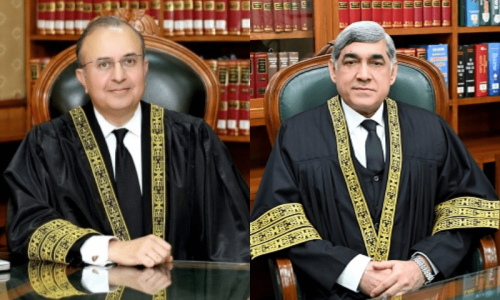




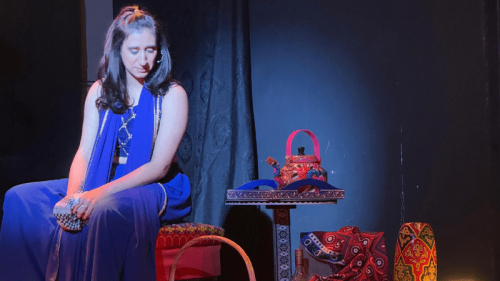
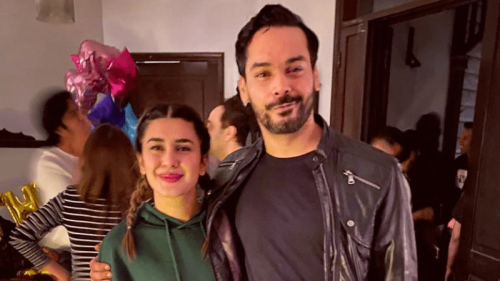
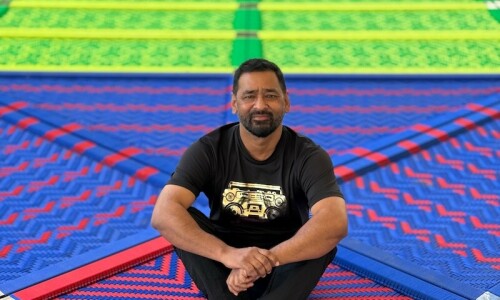

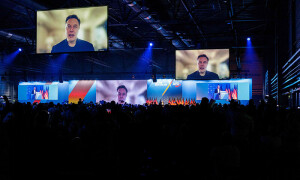















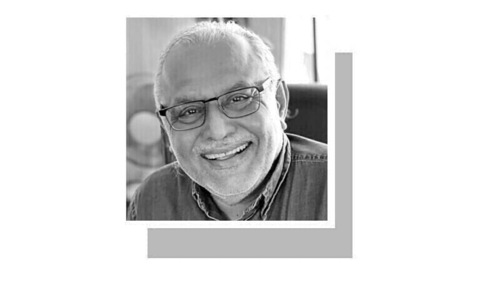





Dear visitor, the comments section is undergoing an overhaul and will return soon.